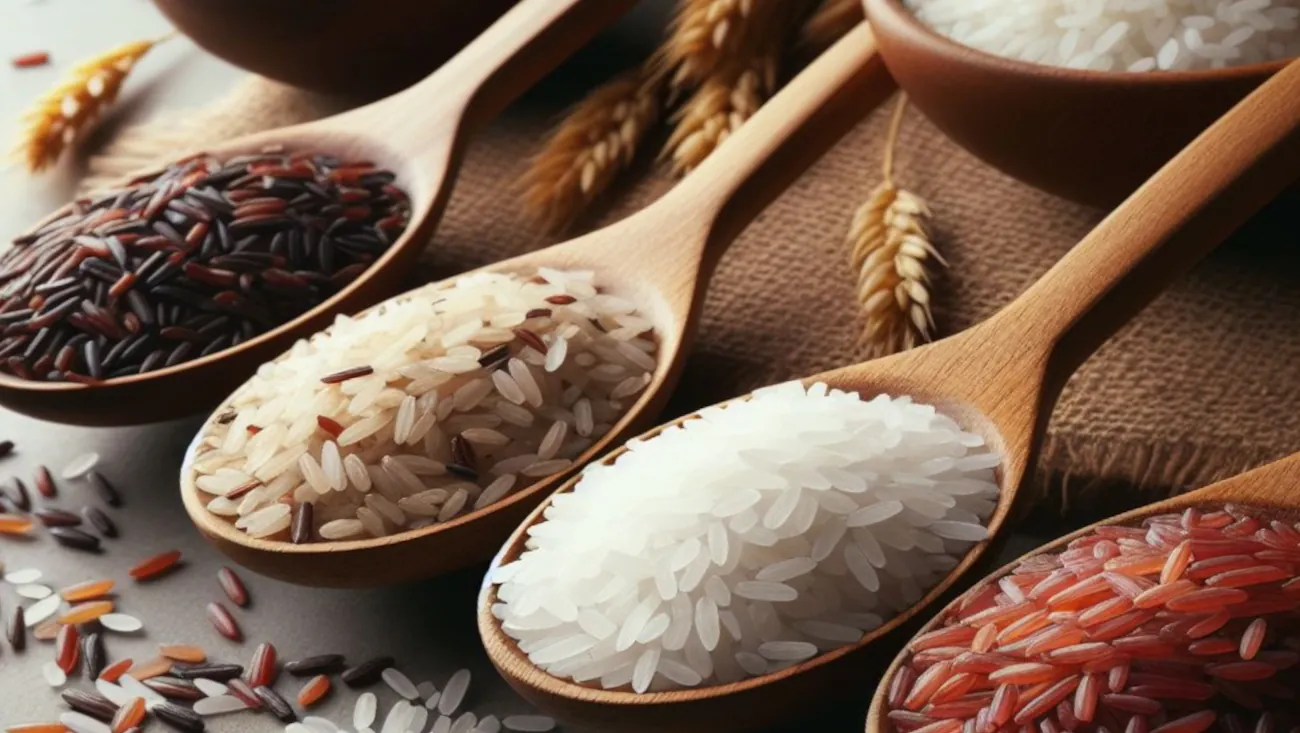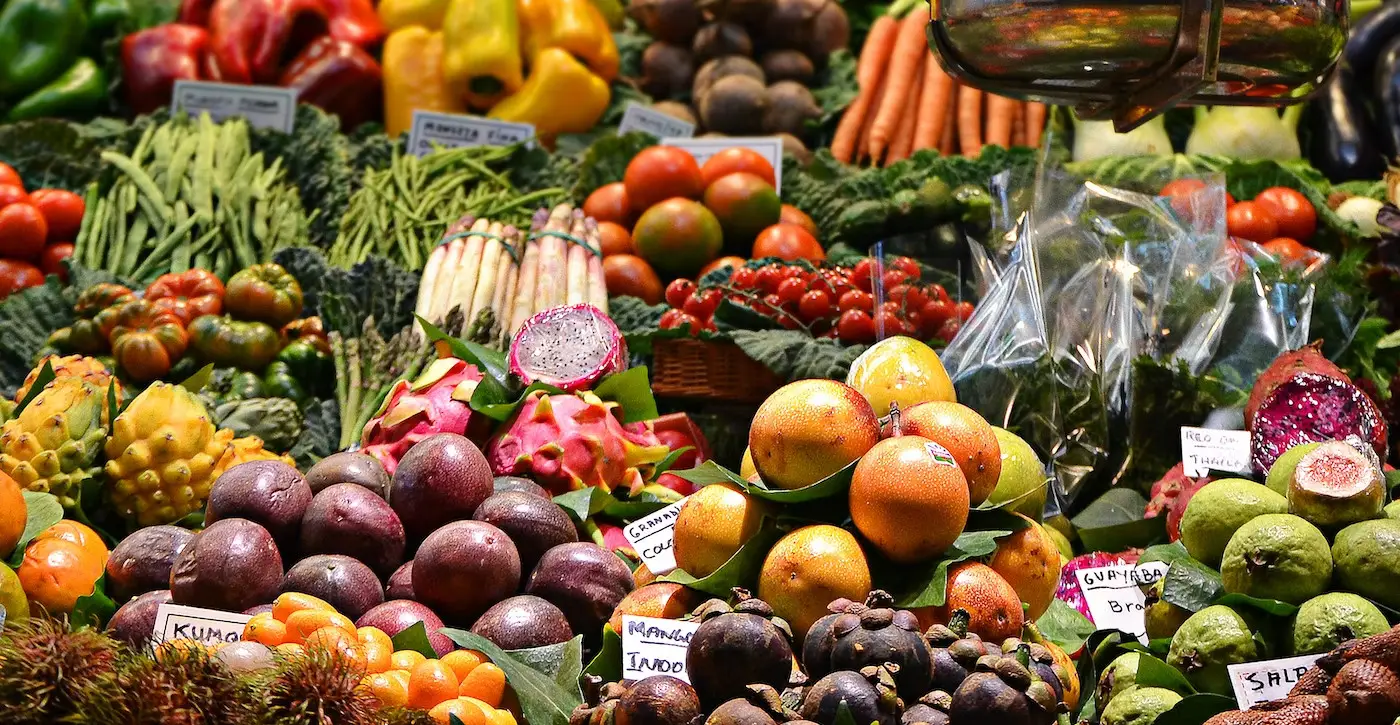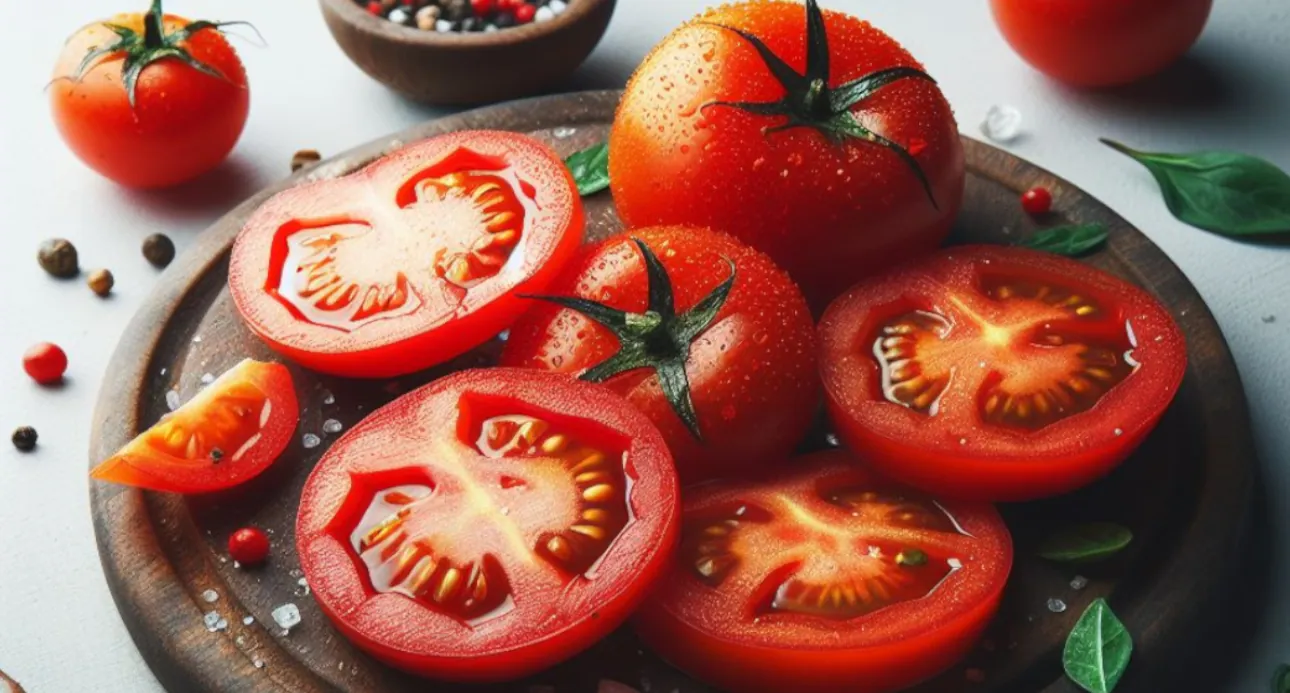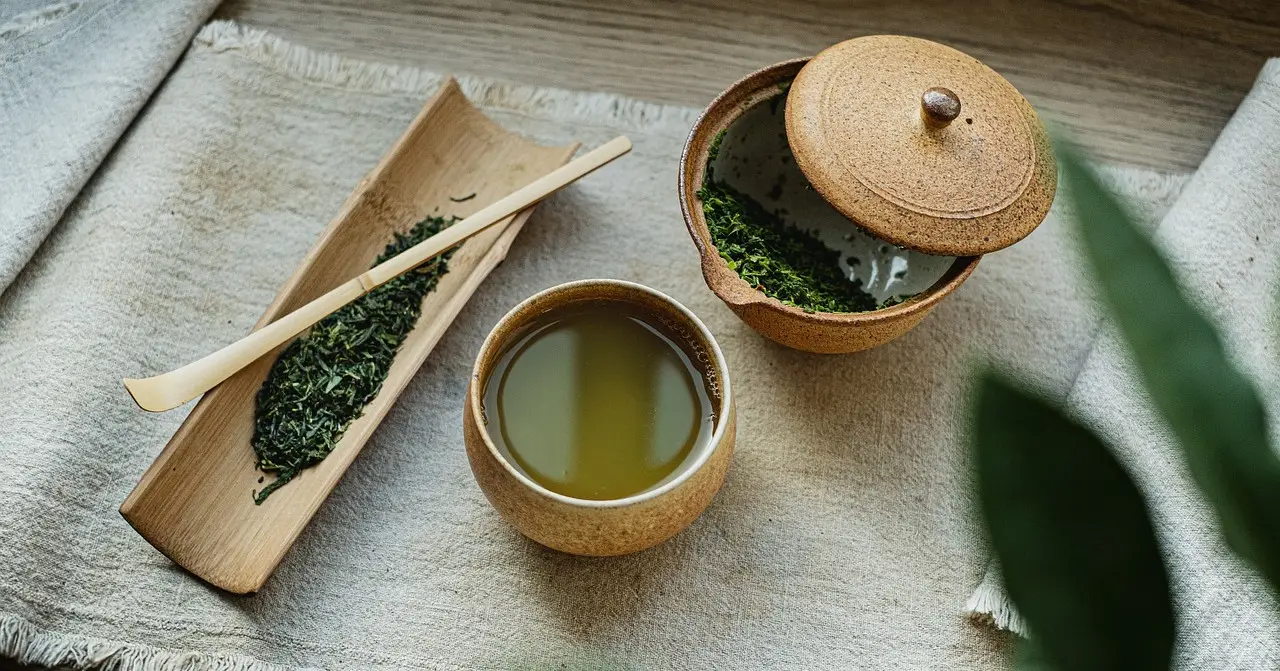Wholewheat Rice Lysine and Arginine Info Sheet
Overview
Wholewheat rice, also known as brown rice, is a whole grain that retains its bran and germ.This gives it a nuttier flavor and chewier texture compared to white rice.
Wholewheat rice is a more nutritious option than white rice. It’s higher in fiber and packed with essential nutrients, making it a healthier choice for those looking to maintain a balanced diet.
| Name | Lysine (mg/100g) | Arginine (mg/100g) | Ratio |
|---|---|---|---|
| Wholewheat Rice | 300mg | 550mg | 0.55 |
Wholewheat Rice contains 300mg of Lysine and 550mg of Arginine per 100g of product.
This means Wholewheat Rice has a low Lysine-Arginine ratio of 0.55.
Because Wholewheat Rice contains slightly more arginine than lysine, reducing its consumption may help people who suffer from herpes, as it may lower the viral activity.
Lysine Considerations
Wholewheat rice contains 300mg of lysine per 100g, making it a better source of this essential amino acid compared to white rice.
A diet rich in lysine can support tissue growth and repair.
It is one of the nine amino acids that your body cannot make by itself, so it has to come from the food we eat.
Lysine has many functions in the body, such as helping with growth, healing, energy, immunity, and collagen production.
Lysine may also have some effects on the herpes virus, which causes cold sores and genital sores.
Studies have suggested that taking lysine supplements or applying lysine cream may help prevent or treat these infections by blocking the amino acid arginine, which the virus needs to grow.
Arginine Considerations
Like white rice, wholewheat rice also contains 550mg of arginine per 100g.
Regular consumption of arginine-rich foods can support cardiovascular health and immune function.
Arginine has a variety of functions in the body, including wound healing, helping the kidneys remove waste products from the body, and maintaining immune and hormone function.
Arginine also plays a role in the replication of the herpes virus, making it a key factor in cold sore outbreaks.
The herpes virus requires arginine to grow, replicate, and create new herpes viruses.
Foods abundant in arginine, such as nuts and chocolate, may increase the frequency and severity of these outbreaks.
Lysine-Arginine Ratio
The lysine-arginine ratio in wholewheat rice is 0.55, which is higher than that of white rice.
This means it has a more balanced distribution of these two important amino acids.
Both lysine and arginine are essential for protein synthesis and various other bodily functions.
They, however, have opposing effects on the herpes simplex virus, which causes cold sores and genital herpes.
Lysine can inhibit the replication of the virus, whereas arginine can stimulate it.
Thus, a diet rich in foods with a high lysine to arginine ratio may help reduce the occurrence and severity of herpes flare-ups.
Foods that have a high lysine-arginine ratio include milk, cheese and yogurt products, fish, poultry, fruits, and vegetables.
These foods can provide the body with enough lysine to compete with arginine and inhibit the virus from replicating and causing outbreaks.
Dietary Considerations
Grains are generally scarce in lysine and a great source of in arginine, which makes them less beneficial for people with herpes.
That said, some grains are better than others in terms of their lysine to arginine ratio.
Quinoa, amaranth, buckwheat, and seitan are some of the grains that have more lysine than arginine, or at least a balanced ratio.
These grains can be included in a healthy diet, as they also provide fiber, iron, and antioxidants.

For example:
A diverse and nutritious diet that supports your immune system and fights inflammation is essential.
This means you should eat lots of fruits, vegetables, whole grains, lean protein, and healthy fats, and steer clear of processed foods, added sugars, alcohol, and caffeine, which can harm your health.
Avoid alcoholic beverages and caffeine which can overstimulate your body, leave you dehydrated, and compromise your immune system.Consider taking l-lysine supplements, which can help prevent herpes outbreaks and stop a cold sore before it emerges by limiting the availability of arginine for the virus, which it requires to produce a cold sore.
Try eating foods that can enhance your immune system and reduce inflammation to avoid outbreaks.
Some of these foods are honey, yogurt, aloe vera, and chamomile.
They can also help you with your symptoms by easing pain, swelling, and itching, and accelerating your recovery.
Check more food information






